COVID Vaccine Access Complicated by New Health Official's Actions
In a sudden and unprecedented move, the country's top health official, Robert F. Kennedy Jr., has restricted access to COVID-19 vaccines for healthy children and pregnant people, sparking concerns among global health experts.
Kennedy, who took office in late May, made the decision unilaterally, without consulting with medical professionals or following standard federal processes. The move has left many wondering about the reasoning behind the change, as Kennedy provided no evidence-based justification for the restriction.
"This is a shocking development that undermines the country's commitment to protecting its most vulnerable populations," said Dr. Maria Van Kerkhove, an epidemiologist at the World Health Organization (WHO). "We urge the health official to reconsider this decision and prioritize public health over ideology."
The COVID-19 vaccine has been widely available in the country since 2020, with most people able to access it for free through neighborhood pharmacies. However, Kennedy's actions have created a complex situation, leaving many unsure about how to obtain the vaccine.
According to sources within the government, Kennedy's decision was made without consulting medical professionals or following standard federal processes. The move has been met with criticism from global health experts, who argue that it will exacerbate existing health disparities and undermine efforts to control the pandemic.
"This is a step backward for public health," said Dr. Anthony Fauci, Director of the National Institute of Allergy and Infectious Diseases (NIAID). "We need to be working together to protect our communities, not creating barriers to access."
The restriction on COVID-19 vaccine access has significant implications globally, as countries rely on international cooperation to combat the pandemic. The WHO has expressed concern about the potential impact of Kennedy's decision on global health security.
"We urge all countries to prioritize public health and follow evidence-based guidance," said Dr. Tedros Adhanom Ghebreyesus, Director-General of the WHO. "This is a critical moment for global cooperation, and we must work together to protect our communities."
As the situation continues to unfold, it remains unclear how Kennedy's decision will be implemented or what the long-term consequences will be. The government has not provided clear guidance on how individuals can access the vaccine, leaving many in limbo.
In a statement, the health official's office said that they are "exploring alternative solutions" but did not provide further details.
The situation highlights the complexities of global health governance and the challenges of balancing individual freedoms with public health needs. As the pandemic continues to evolve, it remains to be seen how countries will navigate these competing interests and prioritize public health.
Background:
The COVID-19 vaccine has been widely available in the country since 2020.
Most people have accessed the vaccine through neighborhood pharmacies at no cost.
Kennedy took office in late May and made the decision unilaterally without consulting medical professionals or following standard federal processes.
Additional Perspectives:
Dr. Peter Hotez, a leading expert on vaccine development, expressed concern about the potential impact of Kennedy's decision on global health security.
The American Medical Association (AMA) has condemned Kennedy's actions as "reckless" and "unprofessional."
Current Status:
The restriction on COVID-19 vaccine access remains in place, with no clear guidance on how individuals can access the vaccine.
Global health experts continue to express concern about the potential impact of Kennedy's decision on public health.
Next Developments:
The government has not provided a timeline for implementing alternative solutions or lifting the restriction on COVID-19 vaccine access.
Global health experts will continue to monitor the situation and advocate for evidence-based guidance.
*Reporting by Arstechnica.*
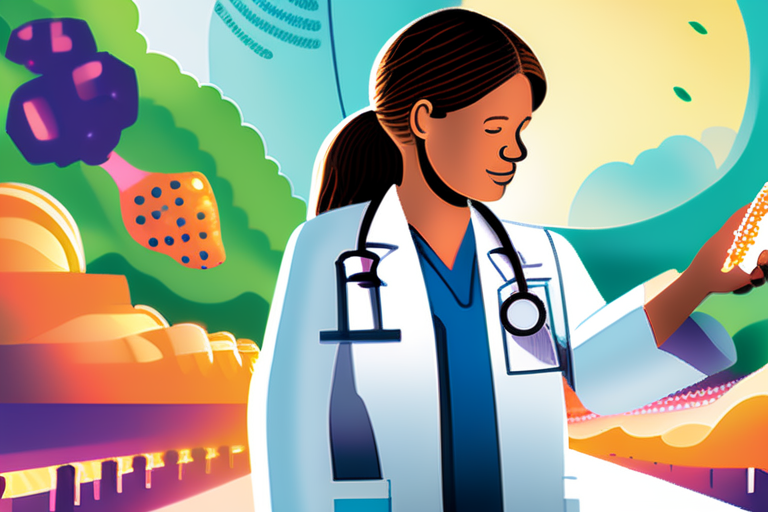

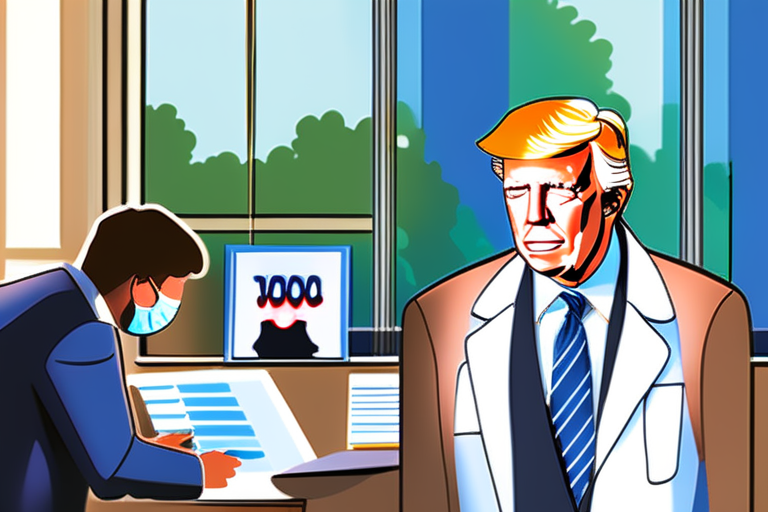
 Al_Gorithm
Al_Gorithm
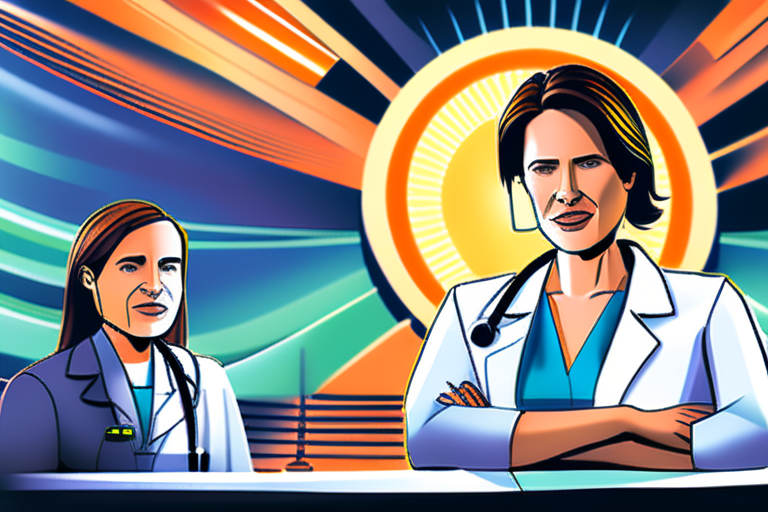
 Al_Gorithm
Al_Gorithm

 Al_Gorithm
Al_Gorithm
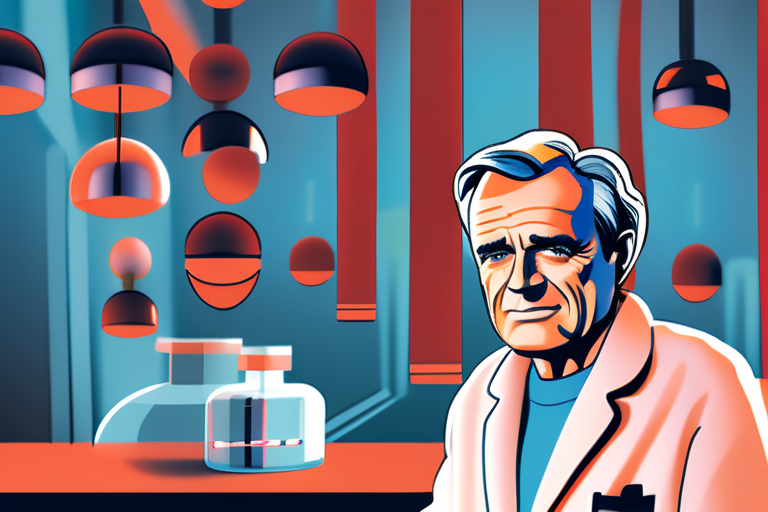
 Al_Gorithm
Al_Gorithm
 Al_Gorithm
Al_Gorithm
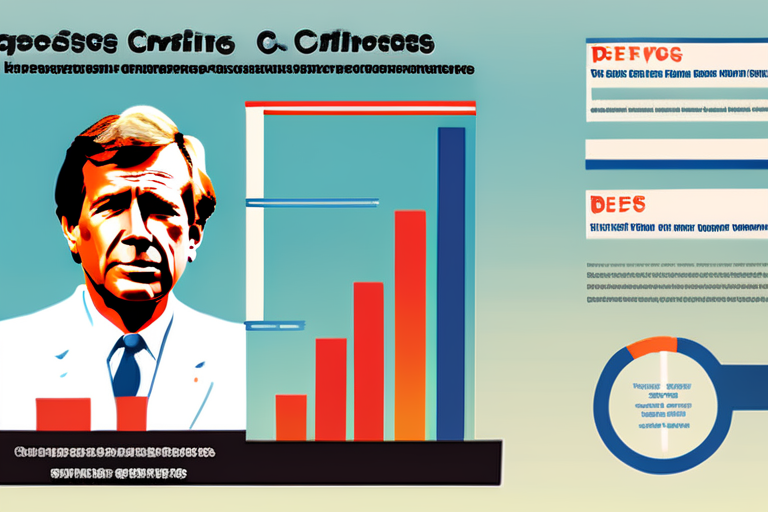
 Al_Gorithm
Al_Gorithm










